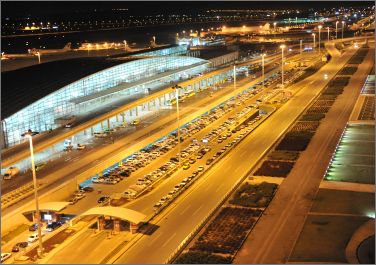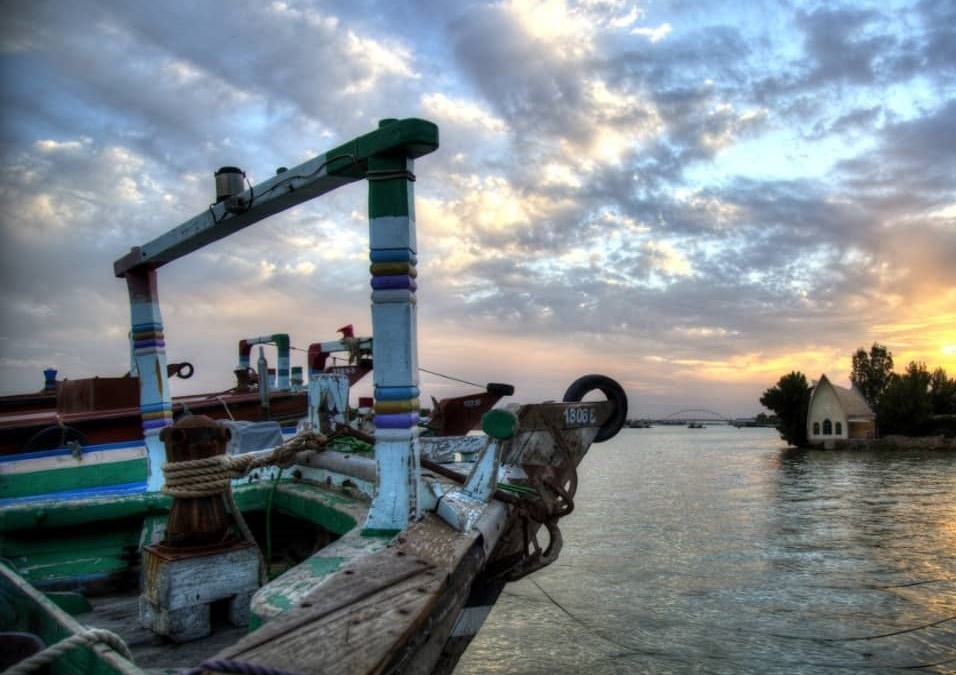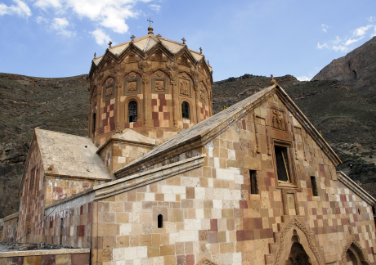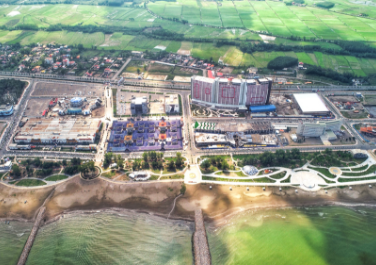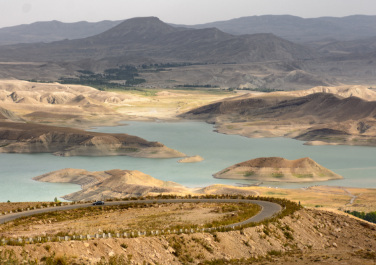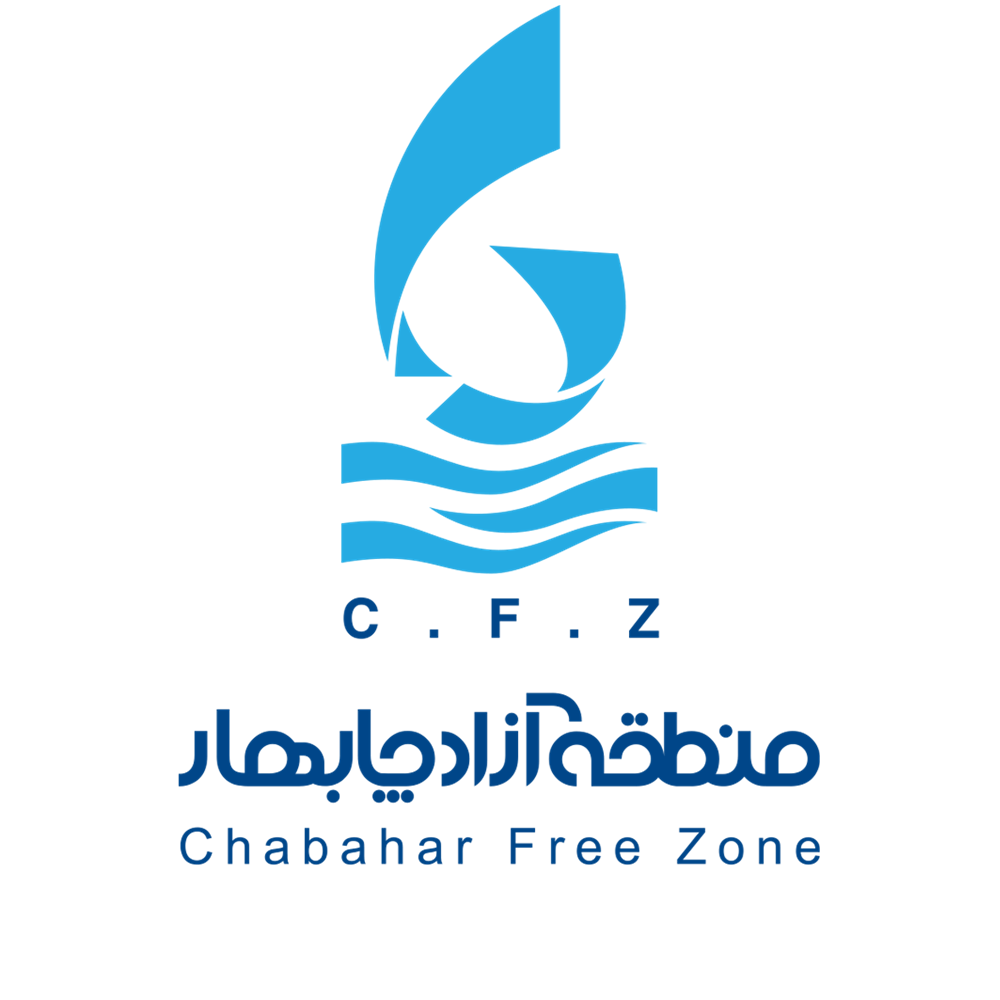FreeZones Single Window
Free Trade and Industrial Zones
Free Zones are geographical boundaries which are often established in the vicinity of borders and customs port of entry to support domestic industry and facilitate the import, export, and transit of goods, and impose more limited laws and simpler customs formalities than the mainland. Those Zones are out of the scope of many mainland laws and, because of the facilities, possibilities, exemptions and privileges provided for them, are in a position to provide a good platform for producers of export goods, traders and transit industry activists.
The main focus in the development of these Zones ...
Free Zones are geographical boundaries which are often established in the vicinity of borders and customs port of entry to support domestic industry and facilitate the import, export, and transit of goods, and impose more limited laws and simpler customs formalities than the mainland. Those Zones are out of the scope of many mainland laws and, because of the facilities, possibilities, exemptions and privileges provided for them, are in a position to provide a good platform for producers of export goods, traders and transit industry activists.
The main focus in the development of these Zones is to encourage industrial exports, attract foreign capital and technologies, strengthen transit channels and empower the Country's position in the field of international trade.
Advantages of investment and activity in the Free Trade and Industrial Zones of Iran
The management of each free zone is the responsibility of a single organization, called the Free Zone Organization, and this makes the conditions and process of investment and business establishment in the free zones of Iran much faster and easier than the mainland. Some advantages of investment in the Free Zones of Iran include the following:
- Possibility of registration and 100% ownership of the company by individuals or companies with non-Iranian citizenship
- Complete freedom in the entry and exit of capital and profits derived from economic activities
- Special logistics access to Asian and European transit channels
- Exemption from customs duties for the importation of raw materials and industrial machinery for production units
- Custom exemptions and simpler formalities in the export and re-export of goods
- Exemption from paying income and asset tax for 20 years from the date of establishment
- Easy issuance of visas for foreign nationals working in the Zones
- Compliance with the labor laws for the Free Trade and Industrial Zones, which are different from the laws of the mainland
- Enjoyment of flexible banking and monetary services and easy currency exchanges through Iranian banks and their branches in the Zones and foreign countries
Kish, Qeshm, Chabahar, Aras, Bandar Anzali, Arvand, Maku and Imam Khomeini -PBUH- Airport city currently constitute eight Free Trade-Industrial Zones of Iran.
In addition to the above- mentioned generalities and goals, each of the Zones, according to their geographical, climatic and social characteristics, pursue their own particular objectives and missions, which are outlined on the dedicated page of each Zone.

Free Zones
Special Economic Zones of Iran
Special economic Zones are specific geographical boundaries at the entry and exit points of the country which are established with the purpose of attracting foreign and domestic capital as well as creating a suitable platform for industrial, manufacturing and commercial activities, aiming at increasing export of goods and providing optimal services for active presence in regional and international markets.
The main focus in the zones is on simplifying business processes. To this end, the Zones enjoy more liberal exchange rules, various exemptions from tariffs and customs duties, and simpler ...
Special economic Zones are specific geographical boundaries at the entry and exit points of the country which are established with the purpose of attracting foreign and domestic capital as well as creating a suitable platform for industrial, manufacturing and commercial activities, aiming at increasing export of goods and providing optimal services for active presence in regional and international markets.
The main focus in the zones is on simplifying business processes. To this end, the Zones enjoy more liberal exchange rules, various exemptions from tariffs and customs duties, and simpler foreign exchange procedures in comparison with the mainland.
The most important features and advantages of the Special Economic Zones are as follows:
• Free issuance of construction and work completion permits,
• Enjoyment of the labor law especially designed for Free Trade and Industrial Zones,
• Exemption from customs duties for the import of production line machinery and office furniture and instruments,
• Customs exemption up to the ceiling of the added value tax and payment of customs duties in excess of the added value of the foreign parts used in products,
• Significant tax rebate for a period of 15 years,
• No time limit for abandoned goods in the Special Zones
At present, there are 34 Special Economic Zones in different regions of Iran where perform capital raising.

